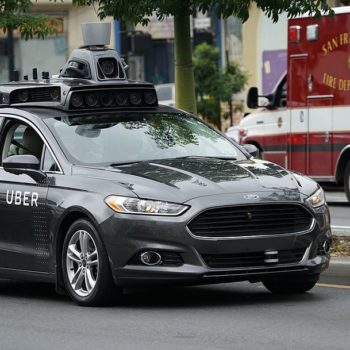The beauty of artificial intelligence is that it can think on its own. But how do we make sure it does what’s right? From self-driving cars to criminal sentencing algorithms, we must ensure AI can explain and be accountable for its decisions, just as we would expect of a human driver, judge, or other decision-maker. What are the technological and legal limits of what we can, and should, expect from AI as it plays an increasing role in our lives?
Read the full article online at The Washington Post…
This article was produced by Footnote in partnership with the Berkman Klein Center for Internet & Society at Harvard University. It highlights work from their Ethics and Governance of Artificial Intelligence initiative and was published in The Washington Post.





